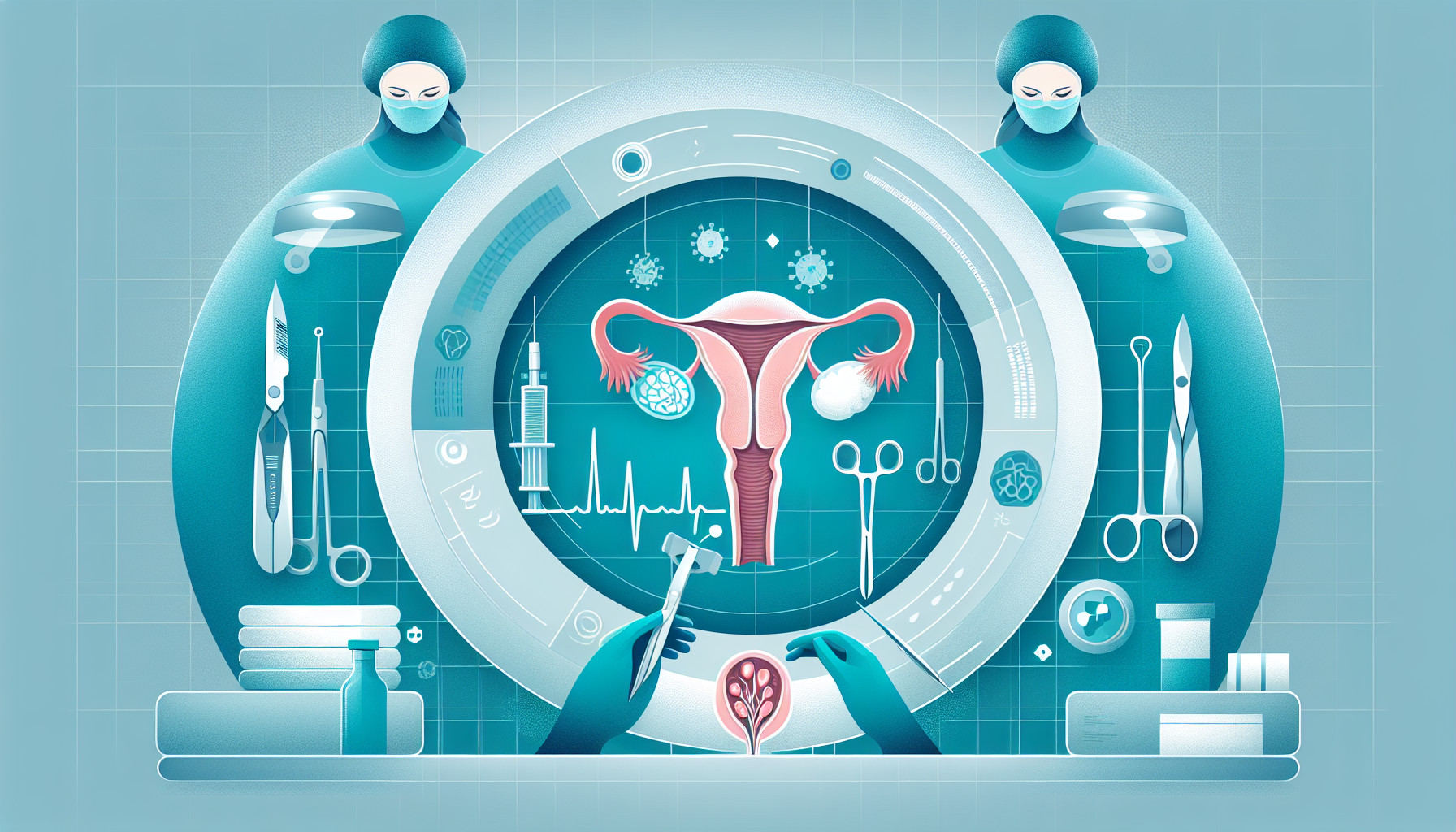Our Summary
This research paper discusses the role of excessive androgen hormones in Polycystic Ovary Syndrome (PCOS) and its associated symptoms like irregular menstrual cycles, hirsutism (excessive hair growth), acne, and female pattern hair loss. The researchers highlight the importance of diagnosing this hormonal imbalance through various tests, including those that measure levels of testosterone, and possibly dehydroepiandrosterone sulfate (DHEAS) and androstenedione.
The paper also discusses treatment options which primarily include hormonal therapies that either suppress the production of androgens or block their effects. In addition to medical treatments, cosmetic treatments like topical creams and hair removal methods can also be used. The researchers note that while acne usually responds quickly to treatment, hair growth takes longer to reduce, with noticeable improvements usually seen after 6 to 8 months. Hair loss, however, is the slowest to respond to treatment, and may take 12 to 18 months to see any noticeable changes.
FAQs
- What are the symptoms of Polycystic Ovary Syndrome (PCOS) according to the research paper?
- What are the main treatment options for PCOS as mentioned in the research paper?
- How long does it usually take for hair growth and hair loss to respond to treatment in PCOS?
Doctor’s Tip
After the removal of an ovarian cyst, it is important to follow your doctor’s post-operative instructions carefully. This may include taking prescribed medications, avoiding strenuous activities for a certain period of time, and attending follow-up appointments to monitor your recovery. It is also important to report any unusual symptoms or signs of infection to your doctor promptly. By following these guidelines, you can ensure a smooth recovery and minimize the risk of complications.
Suitable For
Overall, patients with PCOS who have severe symptoms related to excessive androgen hormones may be recommended for ovarian cyst removal if other treatment options have not been successful in managing their symptoms. Additionally, patients with large ovarian cysts that are causing pain, bleeding, or other complications may also be recommended for surgical removal. It is important for patients to discuss their symptoms and treatment options with their healthcare provider to determine the best course of action for their individual situation.
Timeline
Before ovarian cyst removal:
- Patient may experience symptoms such as pelvic pain, bloating, and irregular menstrual cycles.
- Patient undergoes physical examination, ultrasound, and possibly blood tests to diagnose the ovarian cyst.
- Patient may be prescribed pain medication or hormonal therapy to manage symptoms before surgery.
- Patient undergoes laparoscopic or open surgery to remove the ovarian cyst.
- Recovery period typically lasts a few weeks, during which the patient may experience discomfort and have restrictions on physical activity.
After ovarian cyst removal:
- Patient may experience pain and discomfort in the days following surgery, which can be managed with pain medication.
- Patient may need to follow a specific diet or take antibiotics to prevent infection.
- Follow-up appointments with the surgeon are scheduled to monitor healing and address any complications.
- Patient may experience changes in menstrual cycles or hormonal levels after the cyst is removed.
- Patient may need to undergo regular check-ups and imaging tests to monitor for recurrence of ovarian cysts.
What to Ask Your Doctor
- What are the risks and benefits of ovarian cyst removal surgery?
- How will the surgery be performed and what is the recovery process like?
- Will removing the cyst affect my fertility or hormone levels?
- Are there any alternative treatments or less invasive options available?
- What is the likelihood of the cyst returning after removal?
- How long will it take for me to fully recover and resume normal activities?
- Are there any potential complications or side effects associated with the surgery?
- Will I need any follow-up appointments or tests after the surgery?
- How soon after the surgery can I expect to see improvements in my symptoms?
- What lifestyle changes or precautions should I take after the surgery to prevent future cysts from developing?
Reference
Authors: Lizneva D, Gavrilova-Jordan L, Walker W, Azziz R. Journal: Best Pract Res Clin Obstet Gynaecol. 2016 Nov;37:98-118. doi: 10.1016/j.bpobgyn.2016.05.003. Epub 2016 May 19. PMID: 27387253
